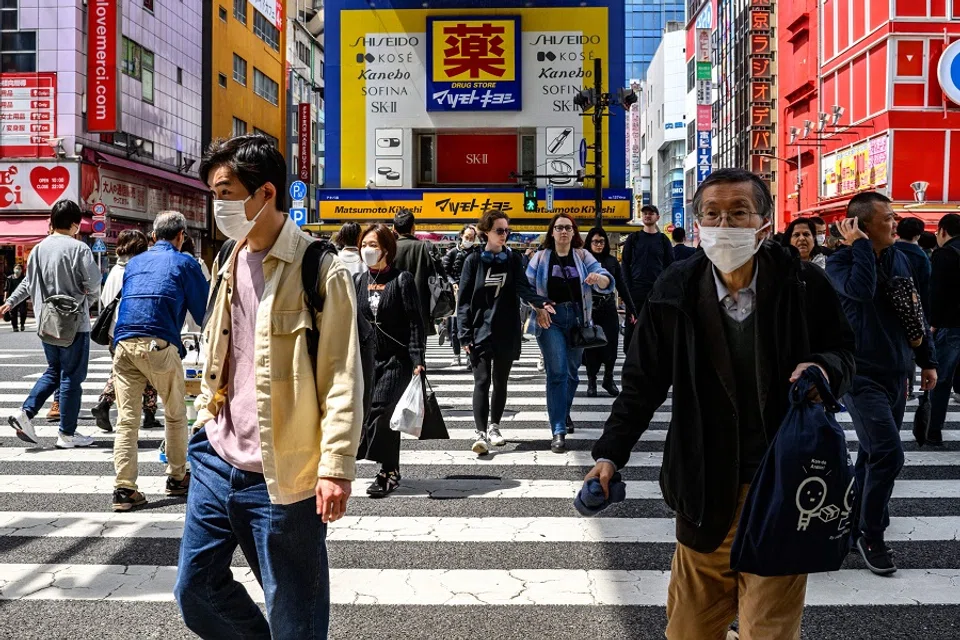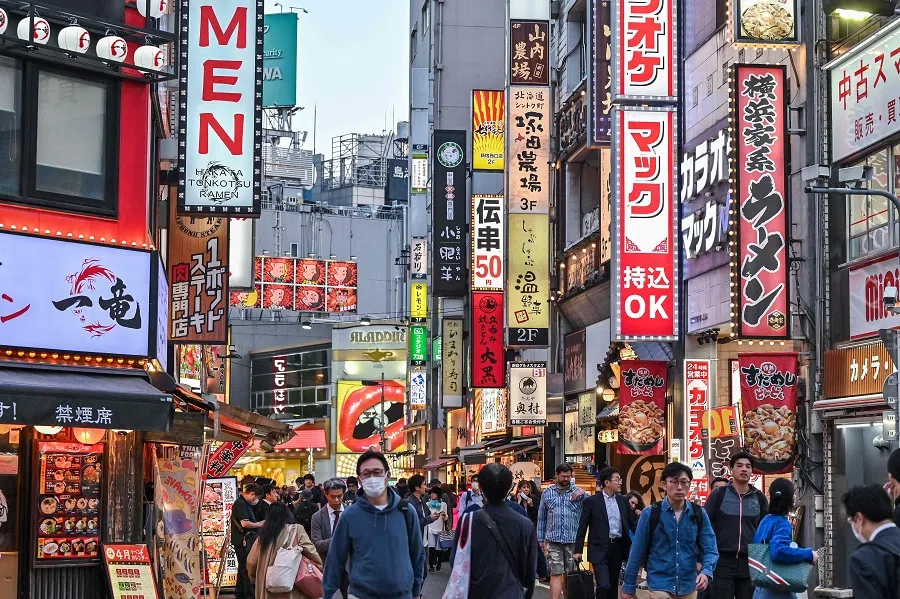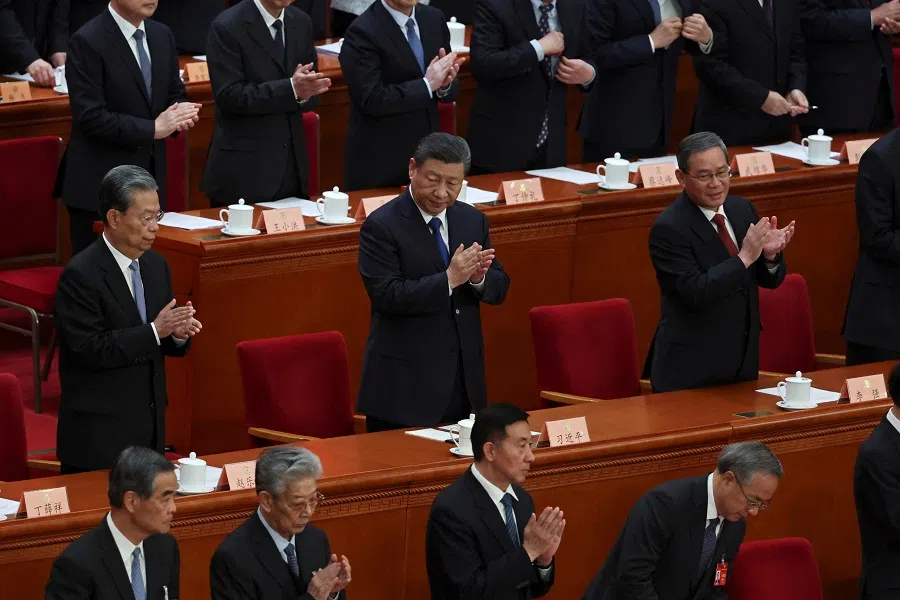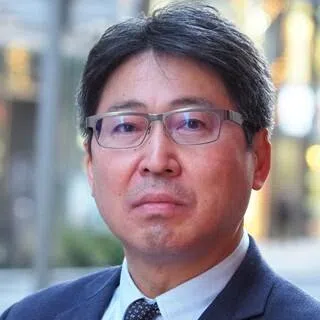China’s anti-espionage law severely impacting China-Japan exchanges
Japanese academic Shin Kawashima says that China’s unclear application of its anti-espionage law is severely hindering people-to-people exchanges between Japan and China.

In early May, Japan celebrates a long holiday called Golden Week. The number of overseas travellers taking advantage of this holiday is gradually returning to pre-coronavirus levels. However, due to the extremely weak yen, destinations are concentrated around Japan. Although Hong Kong is on the list, Beijing and Shanghai are not among the top ten destinations.
One contributing factor is the growing sense of caution among the Japanese about travelling to China. Even if the coronavirus situation has ended, the flow of people, especially from Japan to China, has not returned to past numbers.
But it is probably more accurate to say that pre-coronavirus warnings about Japanese nationals being detained by China and the sense of caution about travelling to China has continued or even intensified in Japanese society.
Increasing cases of scholars detained in China
In 2023, an employee of a Japanese pharmaceutical company that had extensive business in China was arrested in Beijing. This caused some shock in the business world. Earlier in 2019, a Japanese scholar of Chinese studies at a national university in Japan was arrested, which caused a great shock to Japanese society and academia. Since then, academic exchanges between Japan and China have been severely restricted.
If teachers are detained, the tension will be felt by students, and there are concerns that this could hinder youth exchanges.

In addition, in recent years, there have been an increasing number of cases of Chinese university teachers and others who teach in Japan being detained when they temporarily return to China. Since the beginning of 2024, there have been reports of Chinese faculty members at Japan’s Kobe Gakuin University and Asia University being detained, but this is likely just the tip of the iceberg. If teachers are detained, the tension will be felt by students, and there are concerns that this could hinder youth exchanges.
Japanese lawmakers being embroiled in the issue
Then, leading up to this year’s Golden Week, there was a trial in Hong Kong for violating the Hong Kong national security law. A former member of the Lower House in Japan (Ms Shiori Kanno) was lobbied by the suspect (Jimmy Lai, founder of Apple Daily) to enact a law in Japan to protest the Hong Kong national security law.
Ms Shiori Kanno was indeed active in the idea that Japan should have a Magnitsky Act (The Global Magnitsky Human Rights Accountability Act). However, the former lawmaker denies any direct contact with the suspect.
According to Japanese media, a Hong Kong court has pointed to allegations of conspiracy between the Japanese lawmaker and the suspect. This is an attempt at the so-called “extraterritorial application of domestic law” and is also seen as a check on the Japanese side.
... the operational standards of the anti-espionage law and other standards remain ambiguous, leaving uncertainty regarding the rationale and criteria behind arrests and convictions.
The Chinese side often questions whether Japan’s reporting is biased, but is it really? China has also asserted that Japan’s inquiries into China’s actions within its own legal system constitute interference in its internal affairs. But Japanese society regards cases involving detention and the extension of domestic law beyond borders with utmost seriousness.
First, the operational standards of the anti-espionage law and other standards remain ambiguous, leaving uncertainty regarding the rationale and criteria behind arrests and convictions.
Second, what we’re witnessing now marks a significant shift in Japan-China interactions since the 1970s. Currently, civilian exchanges between the two nations, particularly the movement of people from Japan to China, are being severely restricted. Is this the kind of situation that the Chinese government wants?
Civilian exchanges affected
Of course, there are voices in China saying that Japan-China civil exchanges should be expanded and that youth exchanges are especially important. It was also pointed out at the Chinese People’s Political Consultative Conference (CPPCC) meeting in March 2024 that unclear operational standards of the anti-espionage law and other factors have led to a decline in the number of foreign students studying in China.
Despite these voices, the tendency to prioritise “national security” remains unabated, at least on the surface. The reality is that measures taken in the name of “national security” severely restrict international exchange.
China’s relations with the rest of the world, especially the developed countries of the West, will be severely restricted, and private exchanges will be severely curtailed.

On the other hand, the flow of people from China to Japan is currently increasing. Within China, however, procedures for overseas travel have become more complicated, especially at public institutions and universities. Chinese institutions now demand a multitude of documents, often unrelated to visa applications, adding to the complexity of the process. Hence, the Japanese host must prepare many documents to receive Chinese people in Japan.
In short, it has become difficult for Japanese people to go to China, while Chinese visitors continue to enter Japan, albeit with the Japanese side grappling with additional paperwork demands imposed by China.
If this situation continues, China’s relations with the rest of the world, especially the developed countries of the West, will be severely restricted, and private exchanges will be severely curtailed.
“National security” is important for any country, and prioritising it is not uncommon. However, transparency and accountability are imperative in its execution and enforcement. Wouldn’t it be necessary to act and respond thoughtfully, considering the actual impact on other fields and areas?
I am deeply concerned that at a time when private exchanges between Japan and China are in high demand, they are in fact being severely restricted.





